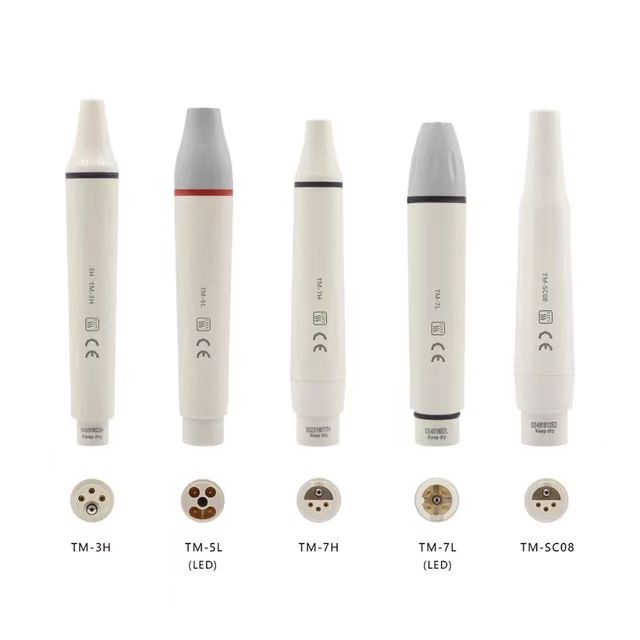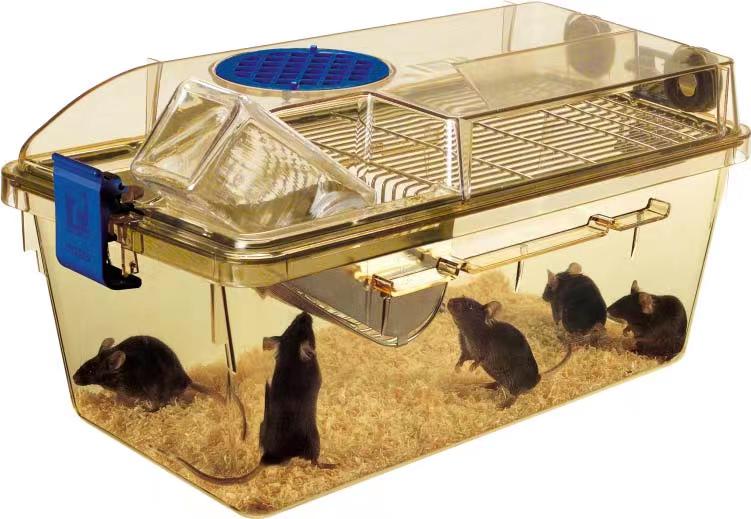
The production of PPSU Scaler depends on the use and design requirements of the product. Generally speaking, PPSU (polyphenylsulfone) is a high-performance engineering plastic with high temperature stability, chemical resistance and mechanical strength.
Material selection: Select the appropriate grade and form of PPSU material to ensure compliance with product requirements. Properties such as color, transparency, etc. may need to be considered.
Design: Design the shape and structure of the product based on Scaler's function and use. Make sure to take full account of the physical and chemical properties of PPSU.
CAD Modeling: Use computer-aided design (CAD) software to create a three-dimensional model of a product. This will serve as a blueprint for manufacturing.
Manufacturing Process: PPSU can be manufactured by injection molding, extrusion or other processing techniques. Injection molding is a common option, where molten PPSU is injected into a mold and then cooled and solidified into shape.
Machining and Surface Preparation: Perform the necessary machining steps to ensure the Scaler's size and shape conform to the design. Surface treatments such as polishing or other coatings may also be required.
Testing: Conduct necessary testing to ensure that the Scaler performs as expected. This may include performance testing, durability testing, etc.

In biological laboratories, PPSU may be used to make laboratory mouse cages. These cages are usually designed to provide a suitable environment to house laboratory rats for research and experiments.
PPSU has good transparency and can clearly observe the status of experimental animals, which provides convenience for observing experimental animals without opening the cage.
The mouse cage made of PPSU material has a smooth surface and is easy to clean, which is very important for maintaining the hygiene of the experimental environment.